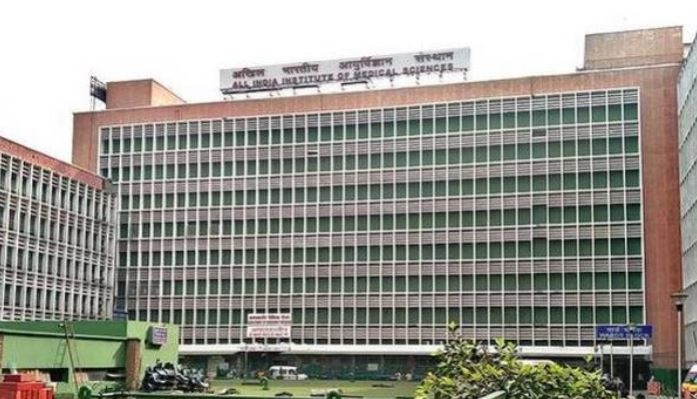The Unnao rape survivor is battling severe blood infection because of which six of the seven antibiotics being given to her have been rendered ineffective.
The report of a blood culture examination of the girl showed she has serious infection in her blood.
The report came after she was shifted to the AIIMS in Delhi from the King George's Medical University (KGMU) in Lucknow where she was admitted after the July 28 truck-car collision that killed two of her aunts and left her lawyer fighting for life.
According to Sandeep Tiwari in Lucknow, the rape survivor's blood culture report shows that she was suffering from enterococcous bacteria.
Enterococci are a type of bacteria that live in the gastrointestinal tract of humans.
There are at least 18 different species of these bacteria. Enterococcous faecalis (E. faecalis) is one of the most common species. These bacteria also live in the mouth and vagina. They are very resilient, so they can survive in hot, salty or acidic environments.
Doctors said that if it spreads to other areas of the body, it may cause life-threatening infections.
Other people in the hospital who have underlying health conditions are at a higher risk of developing the infection.
People in hospital settings are particularly vulnerable to E. faecalis infection because hospitalized patients tend to have reduced immunity.
The common use of intravascular and urinary catheter devices can also contribute to the spread of infection as these instruments frequently harbour the E. faecalis bacteria.
The girl was airlifted to AIIMS on August 5 on the instructions of the Supreme Court.
The Unnao rape survivor is battling severe blood infection because of which six of the seven antibiotics being given to her have been rendered ineffective.
The report of a blood culture examination of the girl showed she has serious infection in her blood.
The report came after she was shifted to the AIIMS in Delhi from the King George's Medical University (KGMU) in Lucknow where she was admitted after the July 28 truck-car collision that killed two of her aunts and left her lawyer fighting for life.
According to Sandeep Tiwari in Lucknow, the rape survivor's blood culture report shows that she was suffering from enterococcous bacteria.
Enterococci are a type of bacteria that live in the gastrointestinal tract of humans.
There are at least 18 different species of these bacteria. Enterococcous faecalis (E. faecalis) is one of the most common species. These bacteria also live in the mouth and vagina. They are very resilient, so they can survive in hot, salty or acidic environments.
Doctors said that if it spreads to other areas of the body, it may cause life-threatening infections.
Other people in the hospital who have underlying health conditions are at a higher risk of developing the infection.
People in hospital settings are particularly vulnerable to E. faecalis infection because hospitalized patients tend to have reduced immunity.
The common use of intravascular and urinary catheter devices can also contribute to the spread of infection as these instruments frequently harbour the E. faecalis bacteria.
The girl was airlifted to AIIMS on August 5 on the instructions of the Supreme Court.










340.jpeg)
11.jpeg)
30.jpeg)
39.jpeg)
101.jpeg)
417.jpeg)
10.jpeg)
40.jpeg)
100.jpeg)





